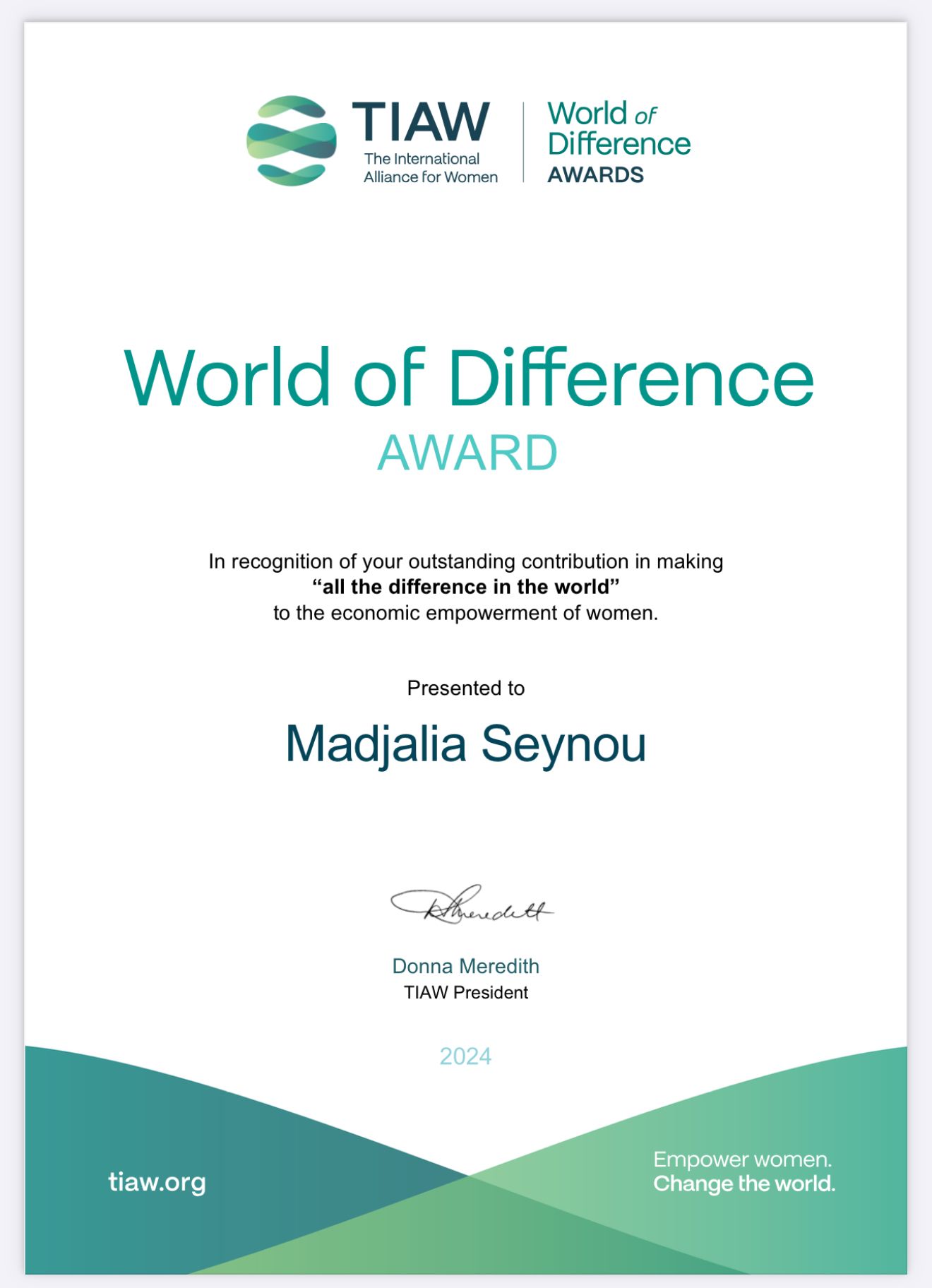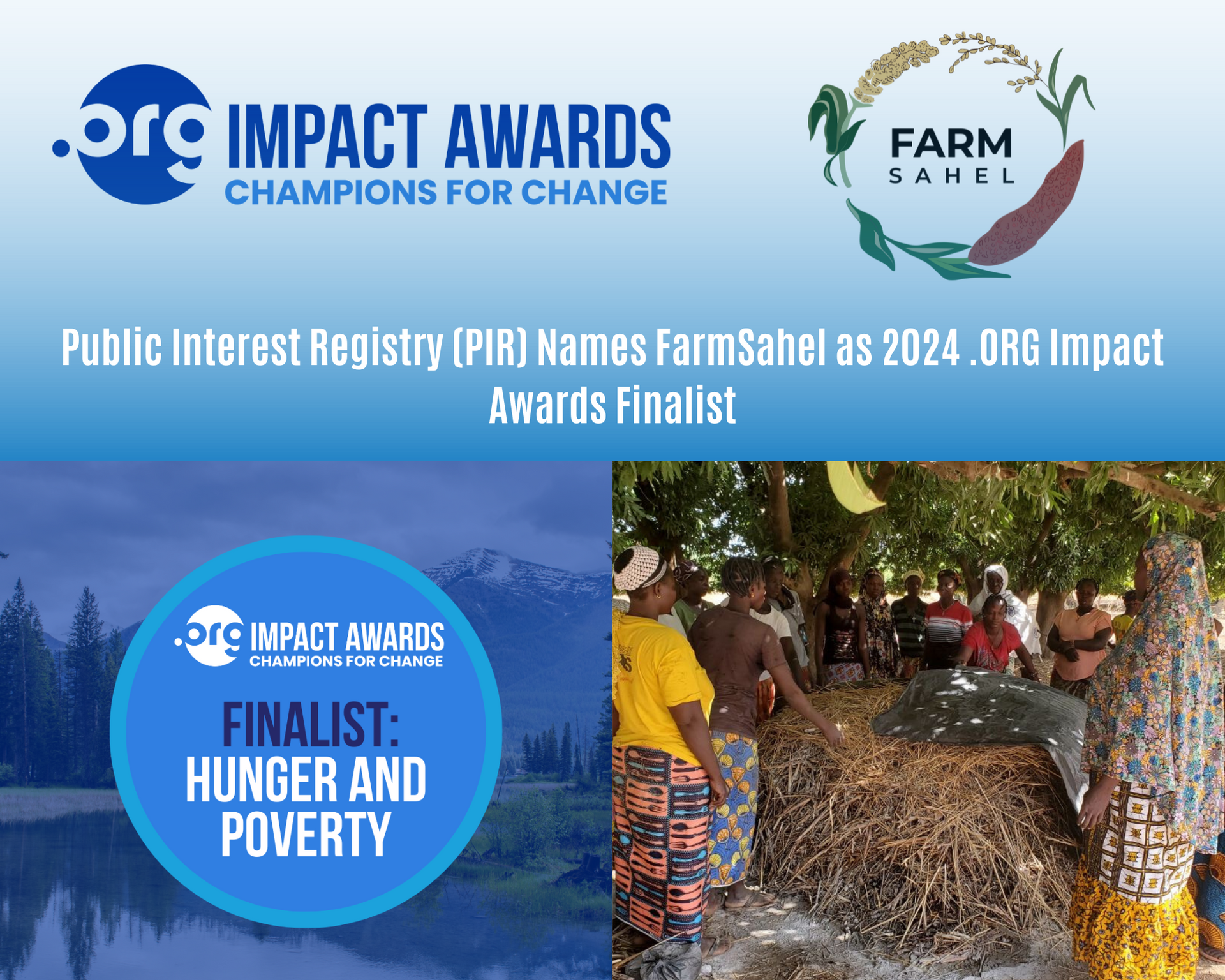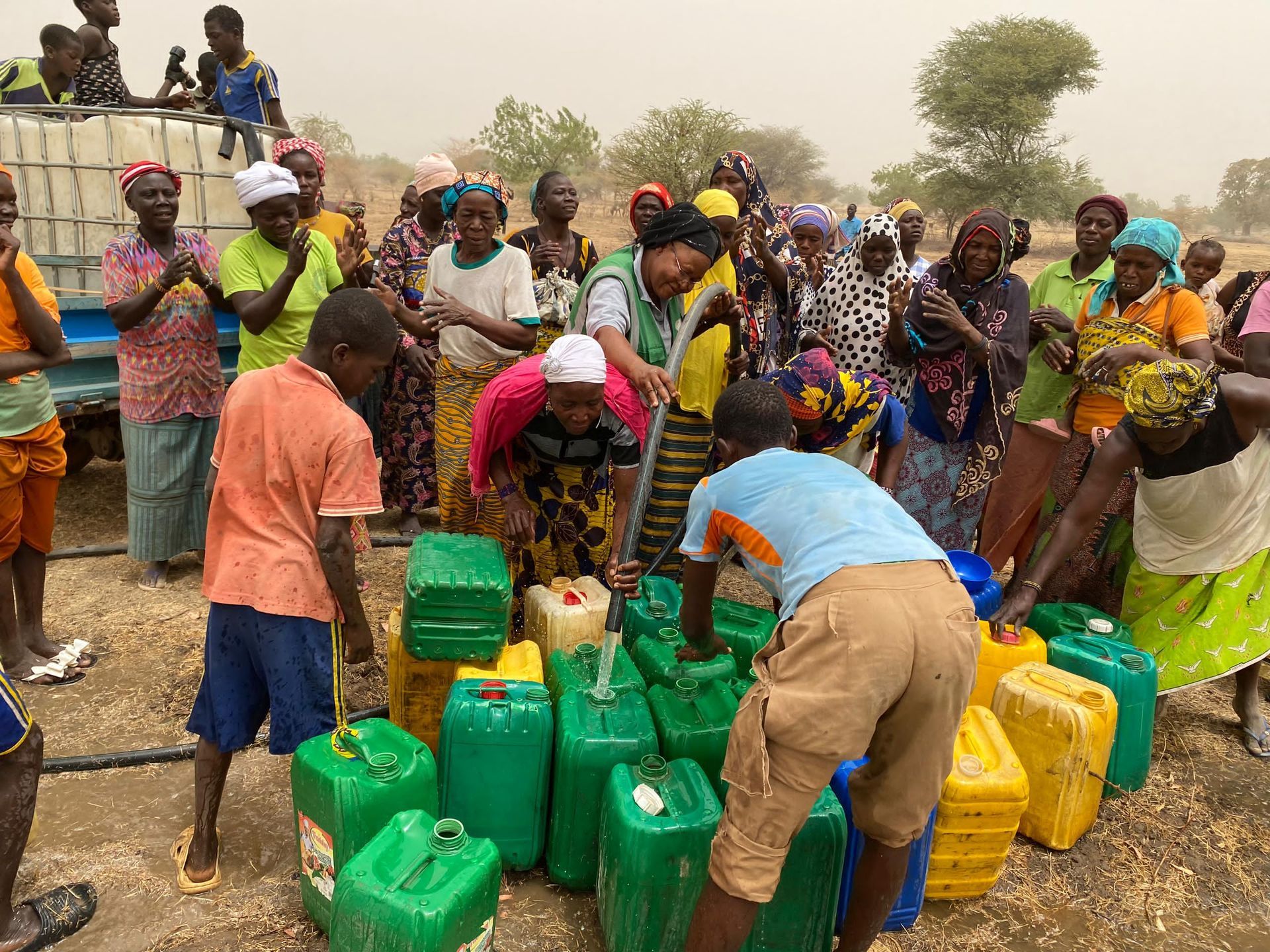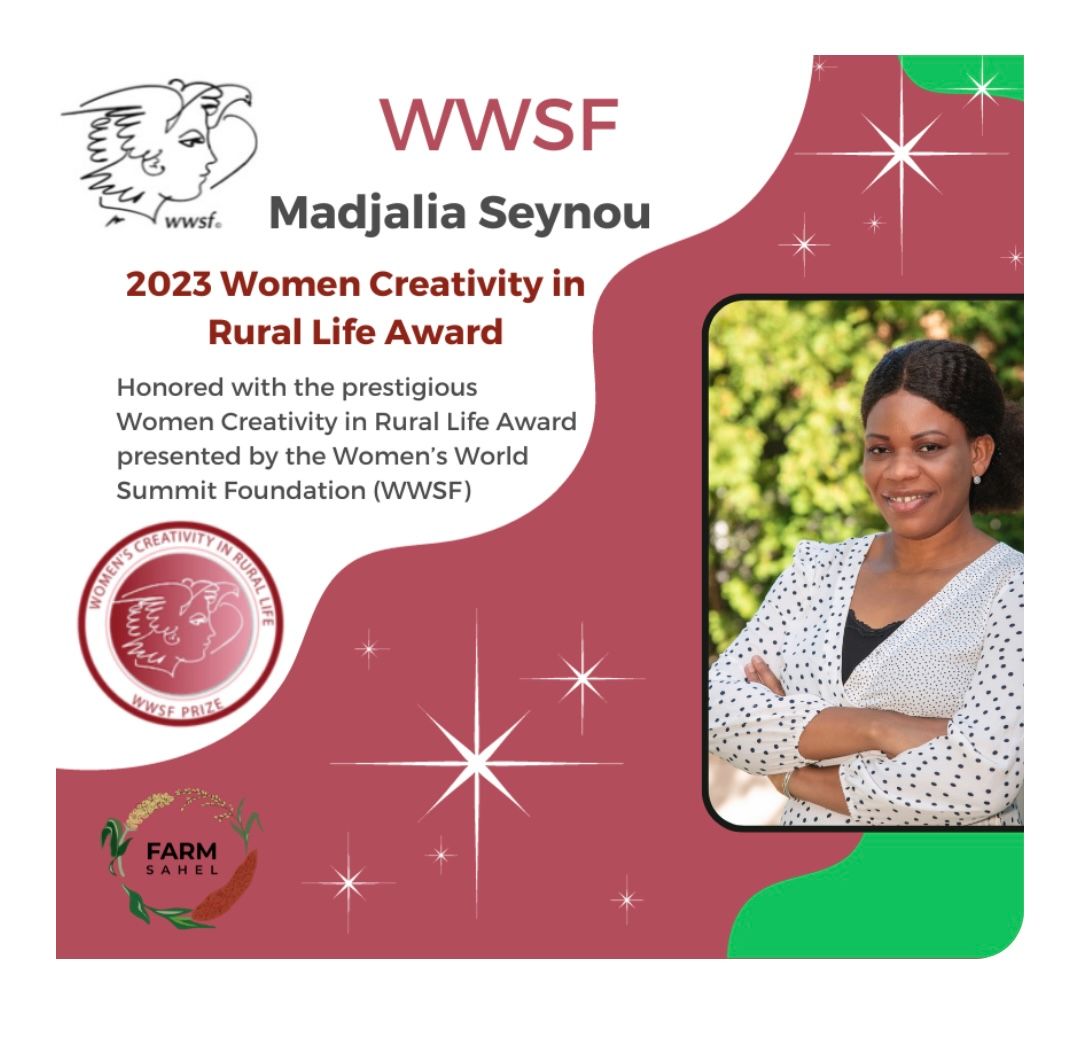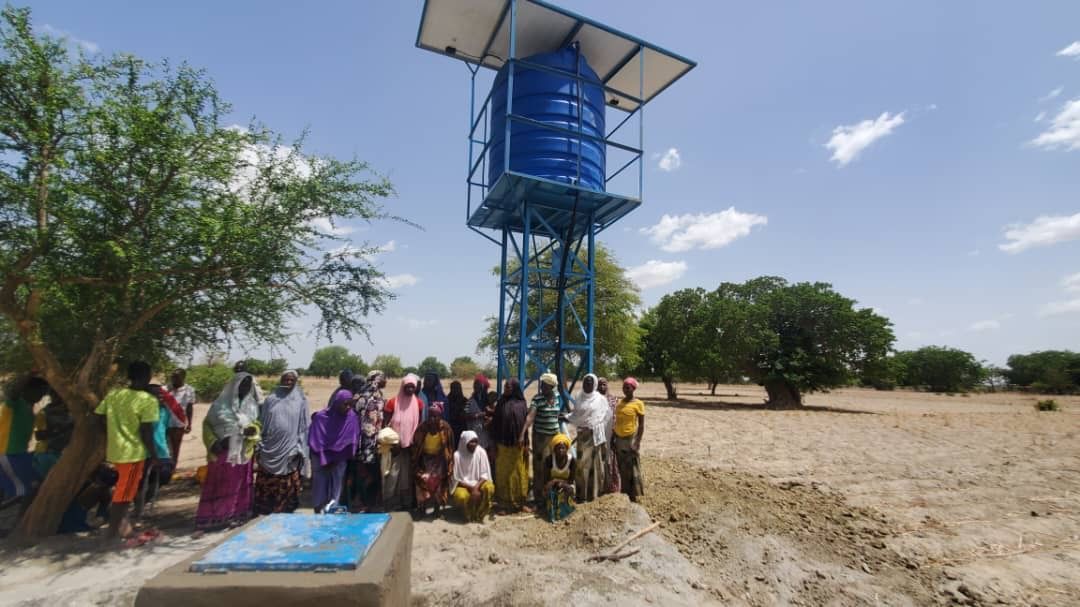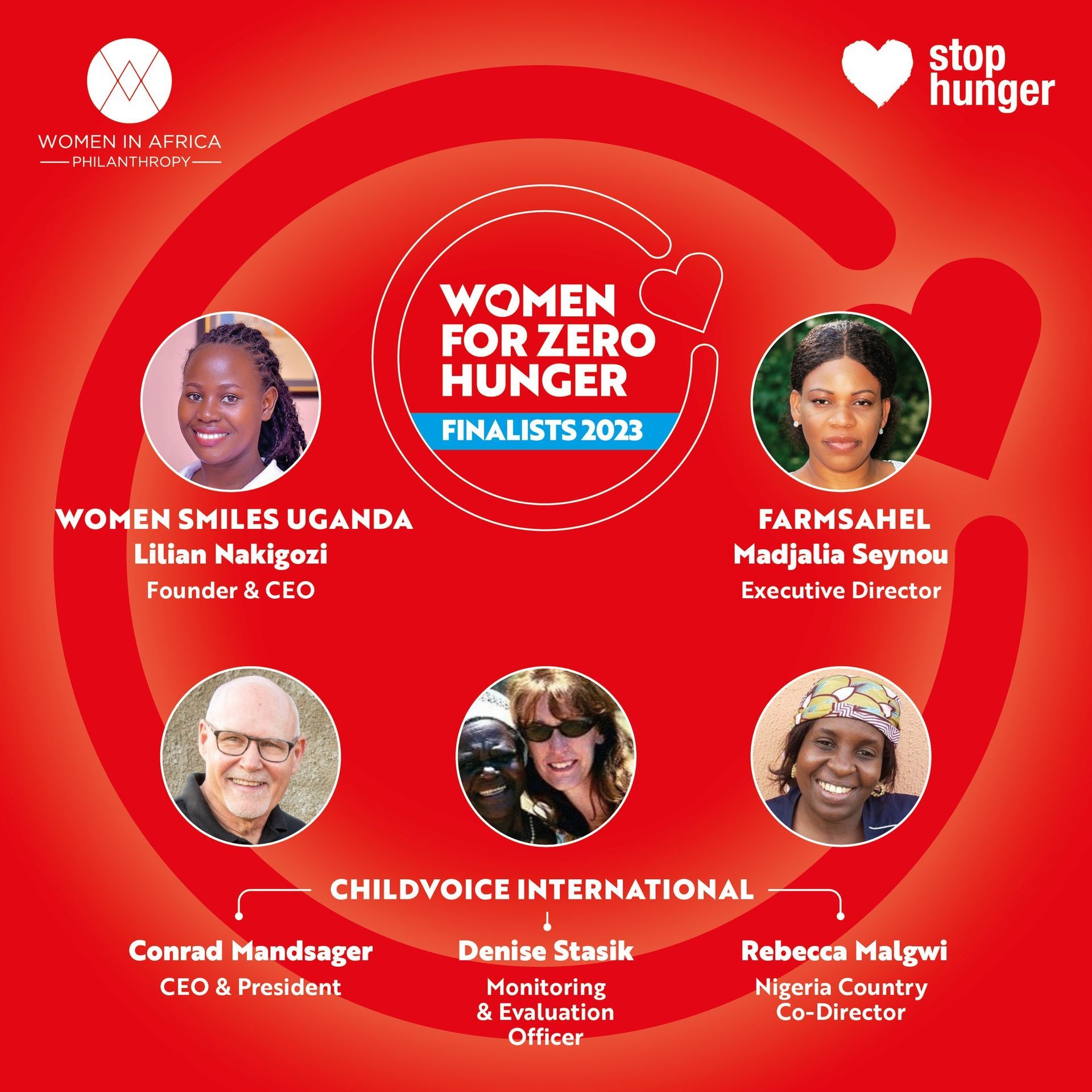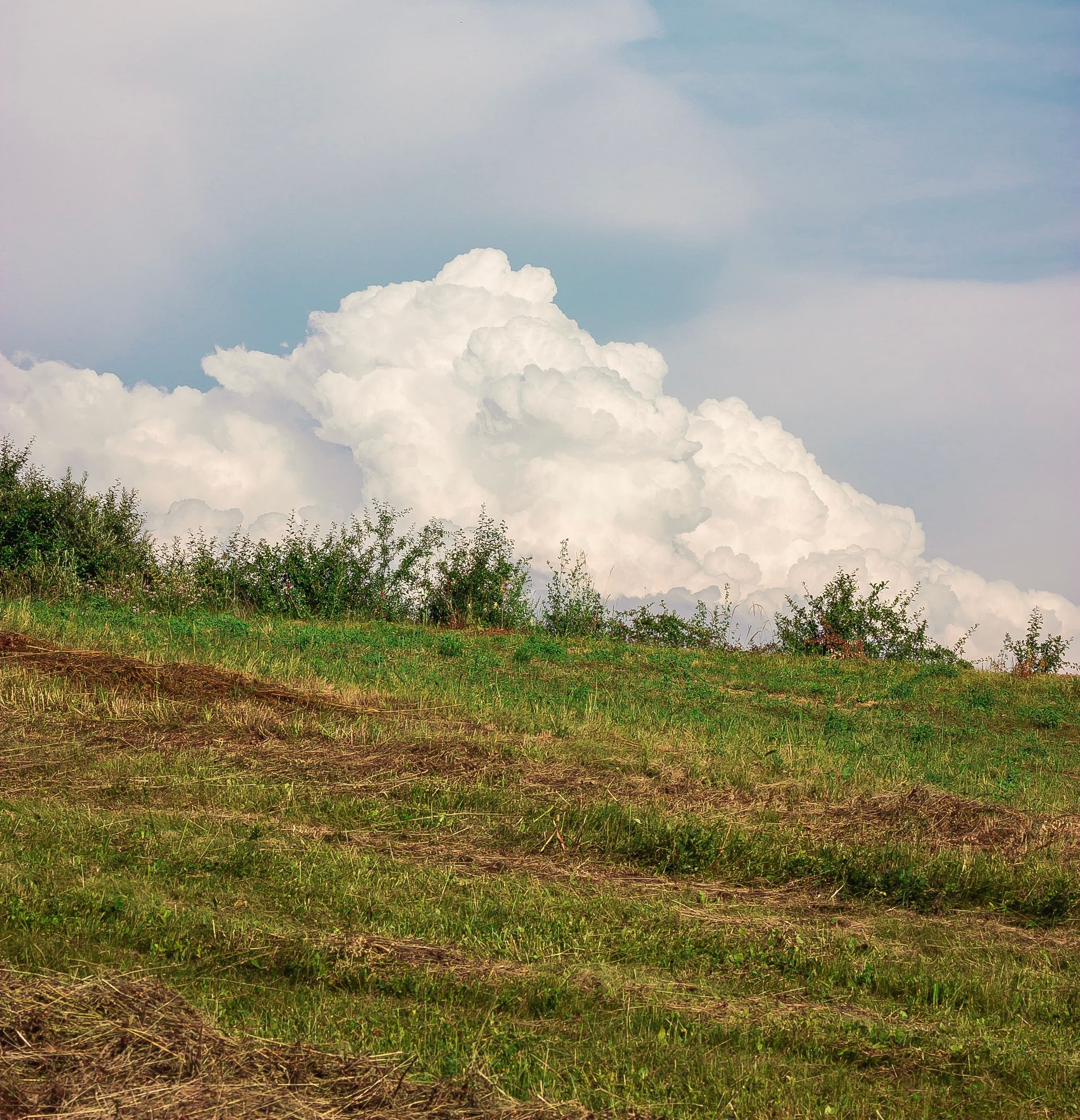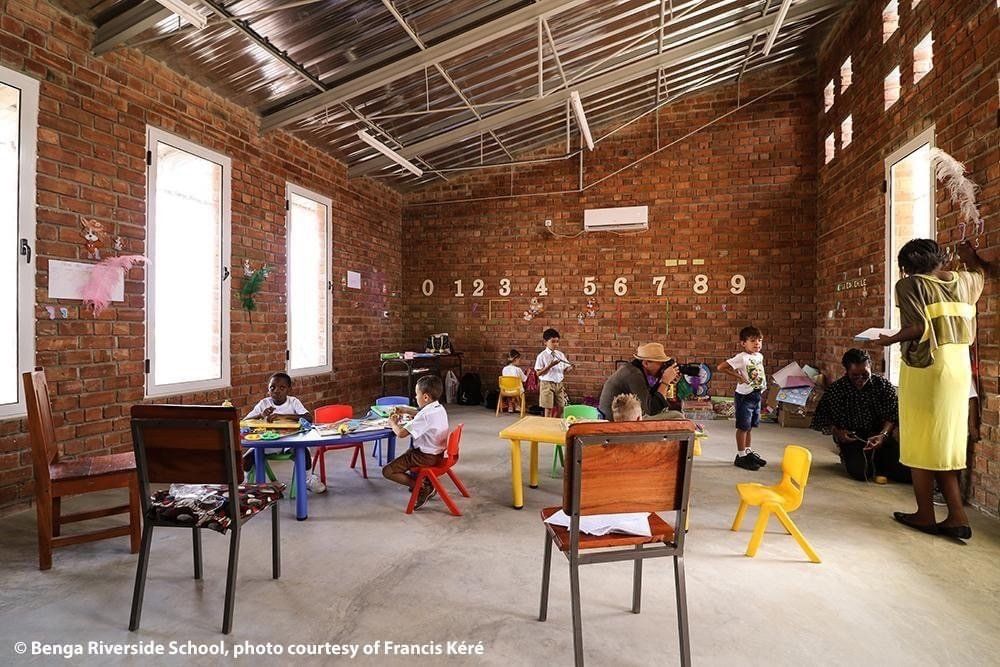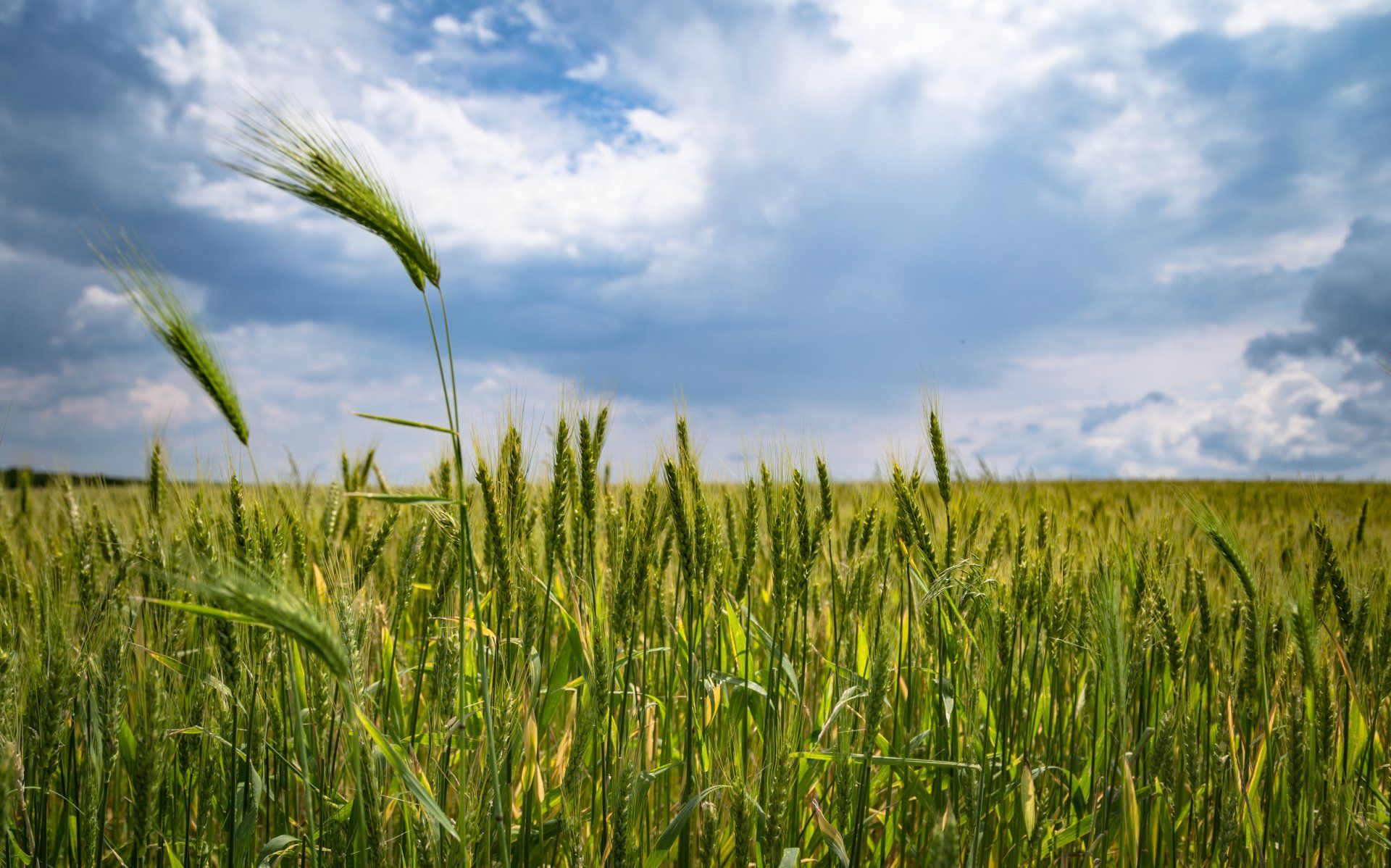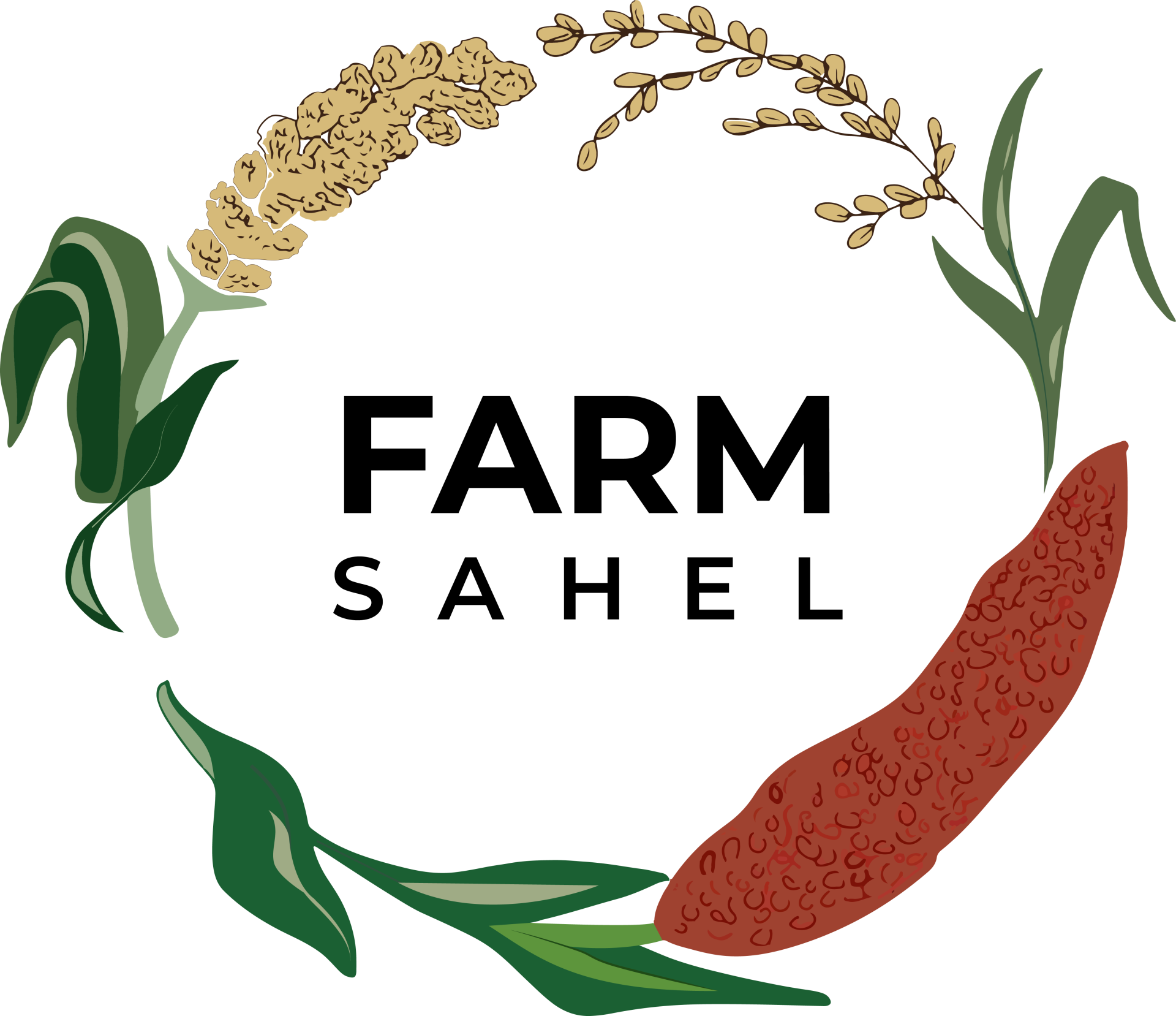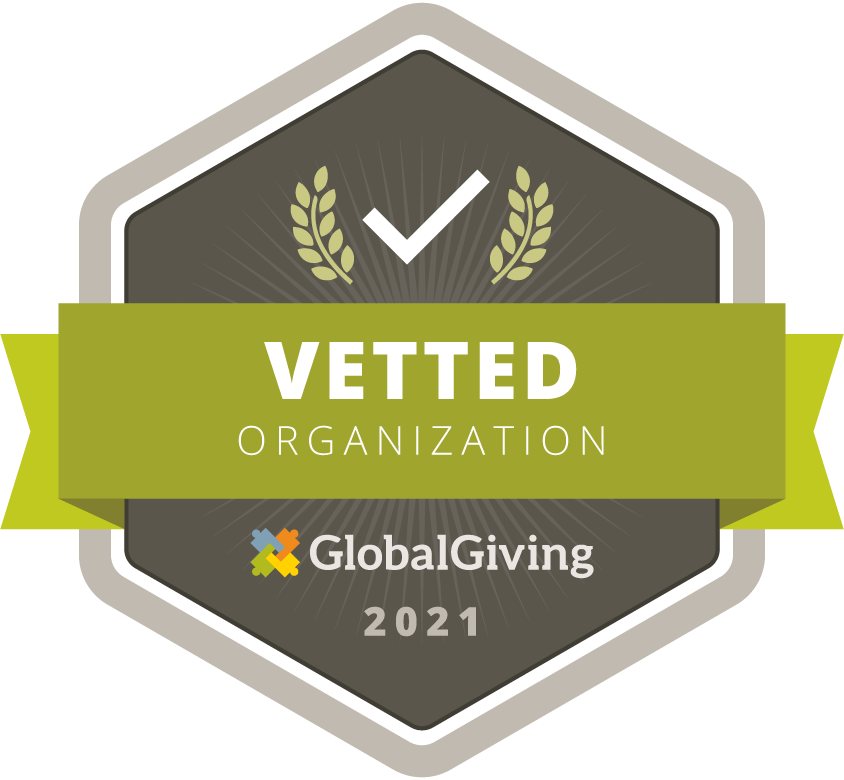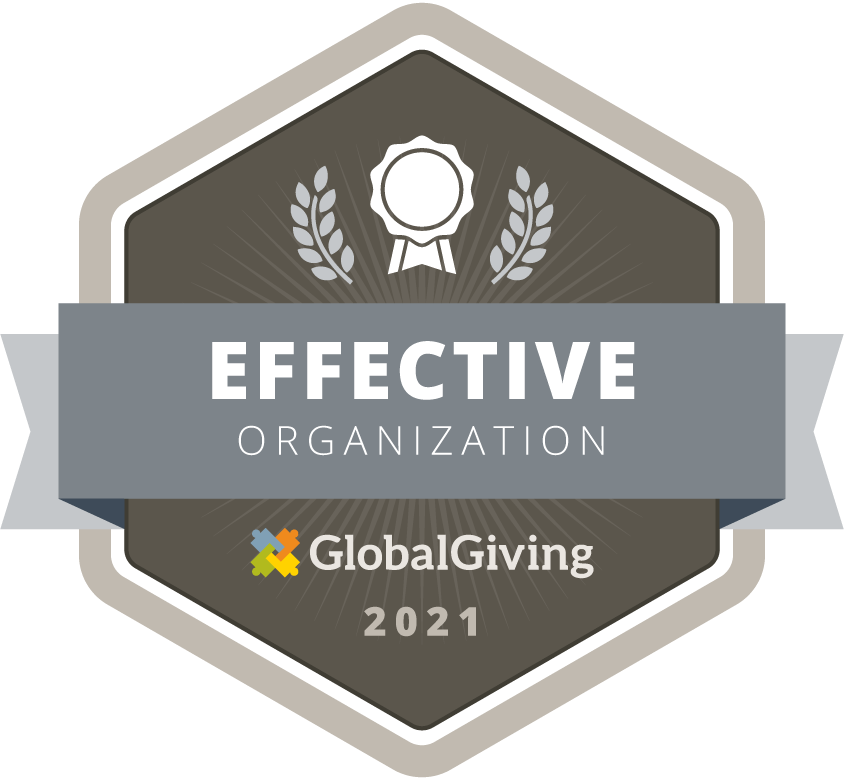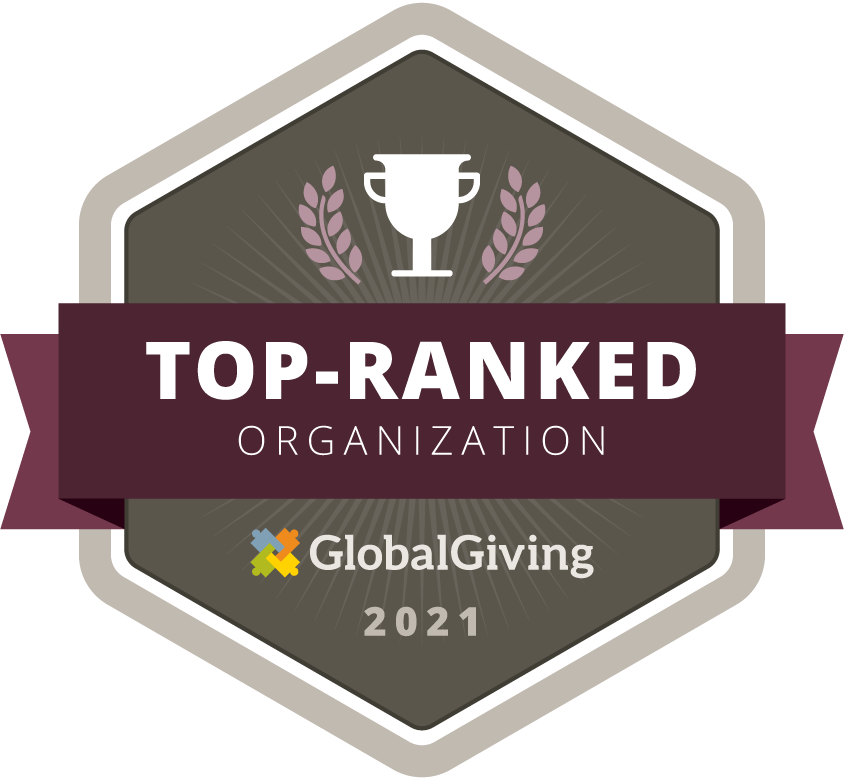Sustainability, Continuous improvement, and climate change in Burkina Faso

Burkina Faso is among the lowest income countries with a population of over 20 million, increasing at the rate of 3% annually while 40% population living under the poverty line in a landlocked country in West Africa. Its economy has reflected a considerable growth in the last 10 to 15 years that’s trailing around 6% annually while it's entirely dependent on Agriculture, Livestock, and Forestry along with income from exploiting mineral resources. Agriculture contributes around 30% in the country’s GDP that employs over 90% workforce in rural Burkina Faso. The sector dominates small farmers possessing less than 5 hectares on average that produce cotton, maize & millets. Maize contributes the biggest volumes whereas Cotton the maximum revenues for the country and stands leading crop in production and export among Africa. The cereals make up the living of rural populations while urban populations choose Rice & Maize. Poverty persists more in rural areas compared to the urban despite more than 1 decade of sustainable growth for the reason country still stands 183rd in the poverty list among 186 countries.
Sustainability in Agriculture:
As the country has been in severe shocks due to climate change and economic factors such as floods, drought, fuel prices hikes and triggered by the worsening cotton trade and population hikes that need to be addressed by the International Donors, NGO’s, Government Organization and Local influencers to make accurate measures for the correction of economy on the long-term basis.
We at Burkina Faso, together with our Internation donors, NGO’s, Ministry of Agriculture together with their experts and professionals , have similar motives for the small farming communities to help them identify the causes for not achieving the sustainable growth and to provide them with guidelines & training that will assist them to achieve sustainability and the continuous improvement in the field of Agriculture along with sustainable measures to fight the impacts of climate change in the country.
Considering Agriculture a major contributor in streamlining the country’s economy and boosting the GDP of Burkina Faso we believe that education & training will bring a positive change in the lives of the small farmers whether they have their focus on agriculture farming, livestock or allied agriculture business.
As we are for behind in our average yield of common cereal and cash crops from the Africa and rest of the world that stands 4-5 tonnes for maize in Africa while rest of the world produces up to 10 tonnes per hectare whereas we struggled to produce 2 tonnes per hectare despite 25% increase in Maize yields in 2018. Similarly for Cotton, we could hardly produce 1.3 million bales in the year 2017 that stands 333 kg per hectare compared to the world yield around 3000 kg’s hectare and lost our national status for standing no.1 in the region just because of the heavy pest infestations especially cotton bollworms and sucking pests. Other prominent reasons that figured out were the banning of BT Cotton and poor knowledge on the insect pest behavior and lack in the training, technique and proper insecticides to control such pest infestation on conventional varieties in Burkina Faso despite its cultivation on 700000 hectares.
Impacts of Climate Change on Sustainability:
The weather of the country is categorized by pointedly fluctuating levels of rainfall with a clear indication in the rainfall decline from south to north causing an increase in temperatures and severity in the climate patterns for every coming year. Agriculture farming is a type of business that is open to natural calamities whereas climate change is among the list of such calamities that disrupts water resources and forests and on top of the list is general Agriculture. An agriculture-dependent economy may have serious penalties in the shape of droughts, floods, and desertification that may lead to food insecurity, price hikes reversing the country's economy.
Identified issues in Agriculture Sustainability:
Generally, diving deeply into the causes that hinder the process of sustainability or slow it down from the desired pace at least, we may conclude;
- Insufficient and uneven supplies of Agriculture crop inputs especially Improved, heat-resistant, pest-resistant & Hybrid seeds for cereals and vegetables that are adaptable to the African climate along with limitations and difficulties in getting credit from the lending banks.
- Lack and irregular supplies of Fertilizers, Insecticides, Herbicides, and Fungicides for the growing crops to their optimum potential.
- Lacking moveable, small farming equipment and machinery for small to medium growers for sowing and harvesting their crops.
- Poor irrigation practices along with poor preservation of irrigation facilities including water reservoirs and downstream storage capacities.
- Poor road infrastructure, marketing channels, and Agriculture value chain for the harvests to transport, sell and fetch good prices.
- High priced labor along with their shortage during multiple cropping seasons.
- Poor research facilities and lack of guidance from the Agriculture Extension field staff.
- Drought in uplands while drought & floods in the low lying rain-fed lands due to rapidly changing weather patterns.
- Lack of appropriate equipment, fertilizers, physical strength, and information along with the hired lands make women farmers more prone to climate change resulting in poor crop production.
Our strength for Continuous Improvement and Sustainability:
- Provisions of the improved quality, disease-resistant, and Hybrid seeds to the small farmers that are adaptable to the Burkina Faso climate at subsidized prices.
- Provision of the superior quality insecticides, herbicides, fungicides, and fertilizers to optimize growth and increase yielding capacities of cereals and cash crops on lower & subsidized prices.
- Our visionary approach will focus on the mechanization of small & medium farms through short lending of necessary agriculture farm equipment helpful for enhancing the yield of cash crops and vegetables such as Tractors, seed sowing drills, and small harvester.
- Primarily focused on teaching, training and informing local populations to respond to natural disasters keeping in mind the preservation procedures for local resources such as water, forests and grazing lands.
- We will also incapacitate them to make decisions on the basis of their needs to increase crop yields within the resources using training, field demonstrations, and trial procedures.
- Basic agriculture courses for schools & training for the women farmers at their field through the Farmer Field School phenomenon to get them aware of the importance of agriculture in uplifting the country’s economy.
- Since Burkina Faso is drought-affected and activates nomadic grazing of the livestock and moves a large number of populations, we have adopted some creativities to stay them at their homes to help them concept farms in line with the modern supplies, tools, equipment and milking machines, fodder for their animals. We will also be delivering them animal health medicine and light equipment on small rental.
- We will make sure the participation of councils of the government, NGOs, Sponsors and different players of the community for improved opinions, concepts and mutual feedback for the development of agriculture in Burkina Faso.
